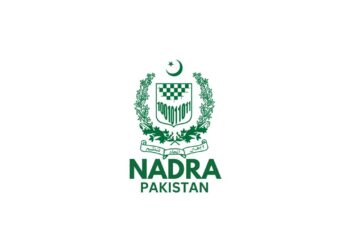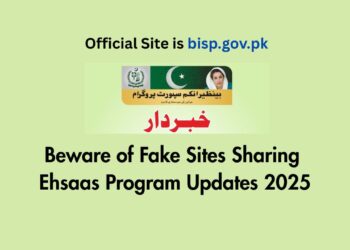No doubt Internet has enriched the children’s world, but at the same time, they have exposed children to online risks associated with digital world. Internet users in Pakistan should not only be able access the Internet but should be well equipped with the necessary skills and support system to navigate this new world safely.

Everyone talks about the benefits of the internet but it’s a fact that very few know of its dark side as well. Online risk is a global phenomenon however, from Pakistan’s perspective we face additional challenges e.g. uploading/posting of blasphemous and sectarian content. The matter is so sensitive in nature that even a small incident can trigger a law and order situation and can cause real-world harm.
Keeping in view the gravity of the matter, it is imperative to sensitize our social media users (i.e. youngsters, parents, teachers, and other key stakeholders) not only be well aware of its associated risks but should timely adopt proper measures to save our youngsters from further harm. In order to have effective results, serious and collective efforts at all levels are indispensable.
Youngsters are vulnerable in the online world but parents/guardians supervising them are not fully aware of online risks, community guidelines of Social Media platforms, and punishments mentioned in local laws (i.e. PECA, PPC, etc.).
Parents and teachers need to be watchful of their kids/students’ online activities, especially of their excessive watch time which can cause aggression in their attitudes, loneliness, anxiety, etc. after some time.
Such issues usually result due to continuous watching of inappropriate and indecent content or playing online fighting/war games. Kids/students at this stage require proper counseling by their parents/teachers from time to time along with the adoption of proven measures such as: avoiding giving them handheld devices and allowing them to use PCs placed in a common area visible to all, and replacing online gaming facilities with physical activities.
Most importantly, parents must spare time for their children, be friendly and educate them about online risks and allow them to discuss their issues without judgment otherwise, they may confide in strangers/online predators.
Educational institutions should also raise awareness by organizing seminars/webinars, workshops etc. In addition, using parental control software and built-in safety features of SM applications is effective in filtering inappropriate content/apps, limiting screen time, observing online activities, etc.
List of the parental control software is available at the PTA website: www.pta.gov.pk.
For Social Media users’ guidance, PTA has also placed a list containing links/URLs of Community Standards of major SM platforms having information/guidelines about their important policies to be followed while posting content over SM platforms or sharing with others.
Moreover, the Prevention of Electronic Crimes Act (PECA) was approved in 2016, which empowers PTA to control the circulation of unlawful content over the internet/social media and FIA to investigate cybercrime-related issues. The public can report unlawful content to PTA for blocking through Complaint Management System (CMS): https://complaint.pta.gov.pk/RegisterComplaint.aspx or PTA CMS mobile app and cybercrime-related issues to FIA Cybercrime Wing (CCW) for initiating legal action against the offender.
It is important to mention that all popular SM companies and their systems are hosted outside Pakistan on encrypted HTTPS sites. PTA after analyzing received complaints takes up the matter with the concerned SM platform for removal/blocking of reported content.
For quick resolution of the matter, SM platforms always prefer direct communication with the complainant since it is easier to seek further information (if required) directly from the complainant.
Links of popular SM complaint reporting procedure/mechanisms are below:
Read more: Hazards of Online Gaming – A guidelines for Parents.
















